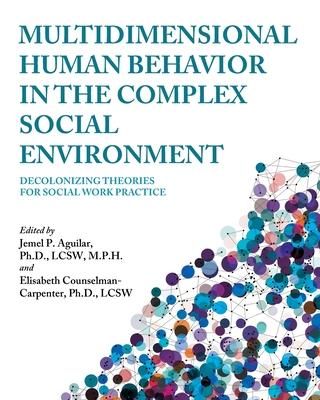This book uniquely decolonizes the structure of human behavior in the social environment textbooks by starting with a discussion around marginalized populations and human development set within geopolitical context. The authors then cover relevant variations in development through a lens of historical and structural influences as well as unique biological, emotional, psychological, and/or environmental circumstances.
Unlike other HBSE textbooks that typically move from infant or micro-levels and then progress toward larger systems, this book starts with larger systems that shape marginalization and human development as a context for understanding subsequent chapters in the text. Each chapter integrates the latest knowledge from neuroscience related to marginalized populations and its influence on human development. Chapters are linked to social work practice by framing how knowledge about marginalized populations, human development, and neuroscience can assist social workers in formulating engagement, assessment, intervention, and evaluation processes that maintains the dignity and worth of marginalized populations.
Designed to help deepen student's understanding of theory for social work practice as well as the practice of other helping professionals, this text instructs students on both theories and how to actually apply them in their work with client systems.
